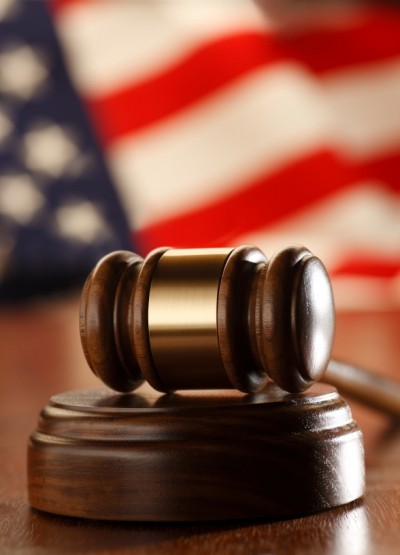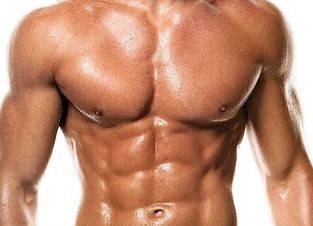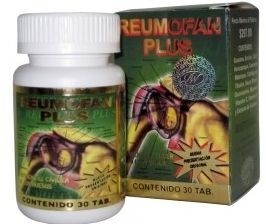Bodybuilding.com steroids spiking guilty plea is a wake-up call for industry, says lab director

James Neal-Kababick, director at Oregon-based Flora Research Laboratories, was speaking to NutraIngredients-USA after Bodybuilding.com and former president Jeremy DeLuca pled guilty to introducing and delivering misbranded drugs into interstate commerce between March 2006 and September 2009 at a federal court in Boise, Idaho.
Large fines, but no custodial sentences expected
As part of the plea, Bodybuilding.com has agreed to pay a $7m fine and DeLuca $600,000. Chief executive Ryan DeLuca has already agreed to pay a $500,000 fine after pleading guilty to selling misbranded drugs in April.
Ryan DeLuca will be sentenced on June 20, while Jeremy DeLuca will be sentenced on August 1. Neither are expected to receive a custodial sentence.
There is no safe harbor
Neal-Kababick, who recently alerted the trade to the threat of dangerous stimulants in so-called ‘bath salts’ making their way into the supplements trade, said: “This shows the tide is not only turning but is turning into a tsunami.
“There is no safe harbor as science continues to shine a light in every dark corner where clandestine activity resides.
“This landmark case combined with the statements and guidelines for retailers show that FDA’s Office of Criminal Investigations and the AG’s Office are not blowing smoke. They expect retailers to take on the responsibility of assuring that they are selling compliant products.
The Bodybuilding.com case should serve as a wake-up call to other retailers, he added: “I expect that a demand and drive for proof of quality laboratory testing will be pushed upstream from retailers to manufacturers to ensure that they are taking reasonable action.
“[But] I would not be surprised to see some retail companies establish direct relationships with testing laboratories or to put laboratories into their main facilities to do their own QC and compliance testing.”
Olson: Retailers, as well as manufacturers, have a clear responsibility...
US attorney Wendy Olson said the guilty pleas “signal that retailers, as well as manufacturers, of products sold as dietary supplements have a clear responsibility under the law to ensure that the products they are selling are indeed dietary supplements, and not synthetic steroids or steroid clones masquerading as dietary supplements.”
She added: “We are confident that Bodybuilding.com has put into place procedures to eliminate products with these ingredients from its product line.”
Bodybuilding.com said it was pleased the investigation had been brought to a close, adding: “Industry leading regulatory compliance and world class customer service continue to be top priorities for the company.”
Misbranded drugs
The plea agreements state that between March 2006 and September 2009, Bodybuilding.com sold five products misbranded as dietary supplements, when they were in fact drugs.
They were: I Force Methadrol, Nutra Costal D-Stianozol, I Force Dymethazine, Rage RV5, and GeneticEdge Technologies (GET) SUS500.
The products were drugs because they contained synthetic anabolic steroids or synthetic chemical clones of anabolic steroids that were not dietary supplements and because they were labeled and promoted as products intended to affect the structure and function of the human body by building muscle mass.
The plea agreement also says that from 2007 to 2009, the FDA compliance officer at Bodybuilding.com told the firm's bosses that some pro-hormone products sold on its website contained ingredients that did not qualify as dietary supplements.
The broader investigation
As for the manufacturers of the supplements, several have already been fined, said Olson.
In May 2011, California-based Tribravus Enterprises (doing business as IForce Nutrition) was sentenced in Idaho for distributing the products 17aPheraFLEX, Dymethazine and Methadrol as dietary supplements when they were in fact misbranded drugs.
In January 2012, California-based R&D Holdings LLC (doing business as Culver Concepts, Bradley Asgard, and Bjorklund) and Nevada-registered DCD LLC and subsidiary Advanced Muscle Science were fined for selling “synthetic steroids masquerading as dietary supplements”.
The supplements in question were Microdrol, Methyldrostanolone and Orafinadrol 50 from R&D Holdings, and Dienedrone and Liquidrone from Advanced Muscle Science (DCD LLC).
The above products were all sold via Bodybuilding.com, which is based in Meridian, Idaho.
The largest online sports nutrition company in the world?
Ryan DeLuca sold most of the company to Liberty Media, which owns the QVC home-shopping cable network, in 2008.
Today Bodybuilding.com markets itself as the “largest online sports nutrition company in the world”.
Click here to read about Ryan DeLuca’s guilty plea.
Click here to read about Neal-Kababick’s warning on ‘bath salt’ stimulants.
















